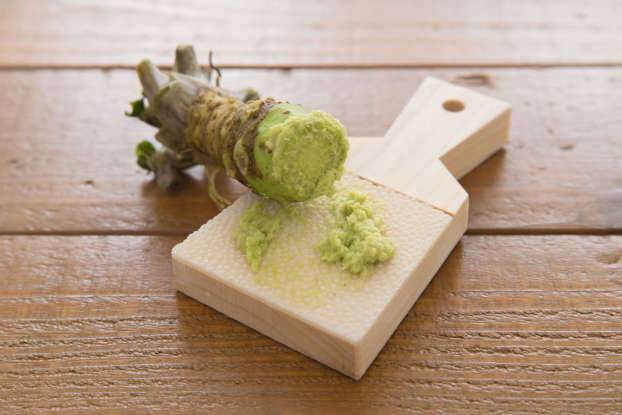Wasabi peas, a popular snack in many parts of the world, are dried green peas coated with a mixture of wasabi powder, salt, and other seasonings. This crunchy and spicy snack offers more than just a flavorful punch. In this article, we will explore the health benefits of consuming wasabi peas, highlighting their nutritional profile and potential positive effects on various aspects of well-being
Rich in Essential Nutrients:
Wasabi peas are a nutrient-dense snack that provides a range of essential vitamins and minerals. They are an excellent source of dietary fiber, plant-based protein, and complex carbohydrates. These peas also contain notable amounts of vitamins A, C, and K, as well as minerals such as iron, potassium, and magnesium. Consuming wasabi peas can help meet daily nutrient requirements and contribute to overall health.
Antioxidant Properties:
One of the key health benefits of wasabi peas lies in their antioxidant content. Green peas themselves are rich in antioxidants, such as flavonoids and carotenoids, which help combat oxidative stress and reduce the risk of chronic diseases. The addition of wasabi, derived from the pungent root of the Wasabia japonica plant, further enhances the antioxidant capacity. Antioxidants in wasabi peas may aid in neutralizing harmful free radicals and protecting cells from damage.
Anti-Inflammatory Effects:
Wasabi contains compounds with potential anti-inflammatory properties, such as isothiocyanates. These bioactive components have been linked to reduced inflammation and may offer benefits for conditions like arthritis, allergies, and respiratory disorders. Including wasabi peas in your diet could contribute to managing inflammation in the body and promoting overall well-being.
Digestive Health:
Dietary fiber is crucial for maintaining a healthy digestive system, and wasabi peas provide a significant amount of it. The fiber content in these peas supports regular bowel movements, prevents constipation, and promotes a healthy gut microbiome. By incorporating wasabi peas into your diet, you can contribute to a well-functioning digestive tract and potentially reduce the risk of gastrointestinal disorders.
Cardiovascular Health:
The combination of fiber, antioxidants, and other nutrients found in wasabi peas can positively impact cardiovascular health. The fiber helps maintain healthy cholesterol levels by reducing low-density lipoprotein (LDL), or "bad" cholesterol levels. Antioxidants in wasabi peas may also help protect against oxidative damage to blood vessels and lower the risk of cardiovascular diseases such as heart disease and stroke.
Weight Management:
Wasabi peas can be a beneficial snack option for those aiming to manage their weight. The fiber and protein content in these peas promote satiety and can help curb hunger cravings. By providing a satisfying crunch and a burst of flavor, wasabi peas can be a healthier alternative to calorie-dense snacks, aiding in portion control and weight management goals.
Cognitive Function:
Several nutrients found in wasabi peas, such as vitamins A, C, and K, have been linked to improved cognitive function and brain health. These vitamins, along with the antioxidants present, may help protect the brain from oxidative stress and age-related cognitive decline. While further research is needed, incorporating wasabi peas as part of a balanced diet could potentially support brain health.
Conclusion:
Wasabi peas offer a range of health benefits due to their nutrient density, antioxidant content, anti-inflammatory effects, and positive impact on digestive health, cardiovascular health, weight management, and cognitive function. However, it is important to consume them in moderation, considering their sodium content and the potential for allergic reactions to wasabi. As with any dietary change, it is advisable to consult a healthcare professional or nutritionist to determine the best course of action.



No comments yet
Be the first to share your thoughts!